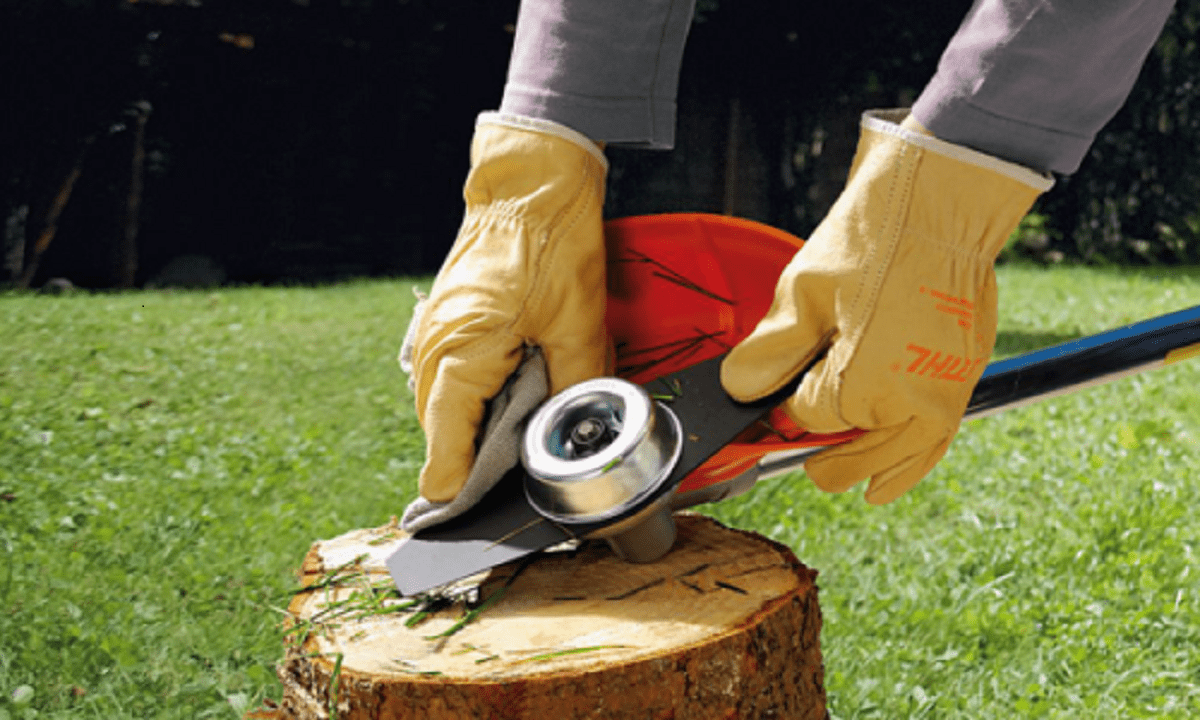Farming is not just about tending to crops and livestock; it’s also about maintaining and caring for the tools that make the agricultural processes possible. Agricultural storage of farm tools are the backbone of any successful farm operation, and neglecting their care can result in decreased efficiency, increased downtime, and additional expenses. In this guide, we will delve into the nuts and bolts of farming – the essential practices for caring for your agricultural tools to ensure they remain reliable and functional.
- Cleaning and Storage:
One of the fundamental aspects of tool maintenance is regular cleaning. After a day’s work in the field, agricultural tools are often covered in dirt, debris, and plant residue. Cleaning them not only ensures that they function optimally but also prevents the spread of diseases between plants.
- Use a wire brush or scraper to remove dirt and debris from tools.
- Wash tools with water and mild detergent.
- Ensure tools are thoroughly dry before storing them to prevent rust.
Proper storage is equally crucial. Hang tools on a wall or store them in a designated area to prevent them from being damaged or causing accidents.
- Sharpening Blades:
Sharp blades are essential for efficient cutting and harvesting. Dull blades not only slow down the work but also cause unnecessary stress on the tool and the person using it.
- Regularly inspect blades for dullness or nicks.
- Use a sharpening tool, file, or grinder to sharpen blades.
- Follow the manufacturer’s guidelines for sharpening angles and techniques.
Regular sharpening not only enhances the performance of the tools but also extends their lifespan.
- Lubrication:
Moving parts of agricultural tools, such as joints, hinges, and blades, should be properly lubricated to reduce friction and wear.
- Use appropriate lubricants, such as oil or grease, based on the tool’s design.
- Apply lubricant to pivot points and moving parts.
- Wipe off excess lubricant to prevent accumulation of dirt.
Lubrication not only ensures smooth operation but also protects against rust and corrosion.
- Regular Inspections:
Frequent inspections are crucial for identifying potential issues before they escalate into major problems. Inspect tools for loose nuts and bolts, bent handles, or any signs of wear and tear.
- Tighten loose nuts and bolts.
- Replace any damaged or worn-out parts promptly.
- Check handles for cracks or splinters.
Early detection and resolution of issues can prevent costly repairs or replacements down the line.
- Proper Tool Use and Handling:
Educate farm workers on the correct use and handling of each tool. Improper use can lead to premature wear and tear, accidents, and injuries.
- Provide training on the proper technique for using each tool.
- Discourage the use of tools for unintended purposes.
- Emphasize the importance of proper tool storage and maintenance.
By ensuring that tools are used correctly, you contribute to their longevity and the overall safety of the farm.
Conclusion:
Caring for agricultural tools is a fundamental aspect of successful farming. Regular maintenance, cleaning, sharpening, lubrication, and proper handling are essential practices that contribute to the efficiency and longevity of tools.
